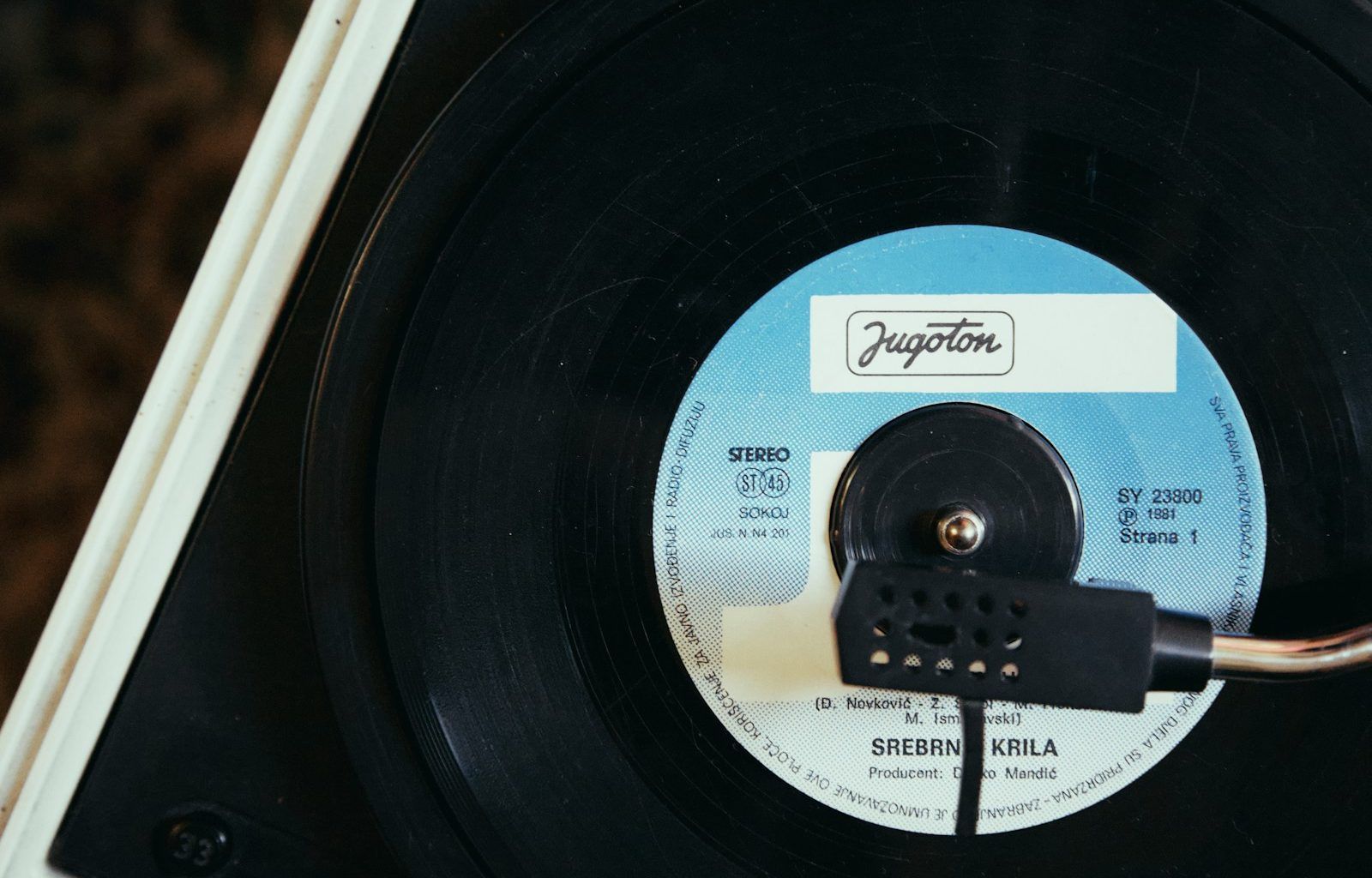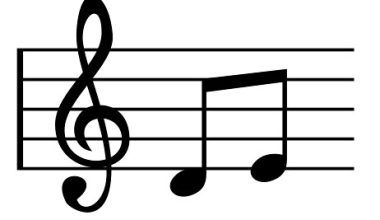If you’ve ever listened to music on the radio, streamed your favorite artist on Spotify, or bought an album, you’ve already interacted with a record label—whether you knew it or not. A record label is a company that helps musicians create, market, and distribute their music. But it’s more than just a business; it’s often the bridge between an artist’s creativity and their audience.
When you think of big names in the music industry, like Taylor Swift or Drake, chances are a record label is working hard behind the scenes to make their success possible. These companies provide financial backing, professional resources, and industry expertise that can be game-changers for both new and established artists. In short, a record label makes it possible for the music you love to reach your ears.
How Do Record Labels Work?
Record labels are like business partners for musicians. They invest time, money, and resources into an artist’s career. In return, they usually take a percentage of the earnings generated by the music. This arrangement allows artists to focus on their craft while the label handles the nitty-gritty details like promotion, production, and distribution.
For example, let’s say a new artist records a song. Without a label, they might have to self-fund studio time, figure out how to market the track, and negotiate deals with streaming platforms. A record label, on the other hand, provides the infrastructure to make all of this happen seamlessly. They have teams of professionals who specialize in everything from sound engineering to social media strategy.
Different Types of Record Labels
Record labels aren’t one-size-fits-all. There are major labels, independent labels, and even artist-owned labels. Each type offers unique benefits and challenges, and choosing the right one can make all the difference for an artist.
Major Record Labels
Major record labels are the big players in the industry, like Universal Music Group, Sony Music Entertainment, and Warner Music Group. These labels have massive budgets and global reach, which means they can offer unparalleled resources. However, signing with a major label often comes with less creative control for the artist.
Independent Record Labels
Independent, or “indie,” labels operate on a smaller scale but can provide a more personalized experience. They’re great for artists who want to maintain creative freedom while still having access to professional resources. Many indie labels focus on niche genres or up-and-coming talent, making them a launching pad for new artists.
Artist-Owned Record Labels
Some artists decide to take matters into their own hands and start their own labels. This gives them complete control over their music and branding. While this route can be challenging, it allows artists to retain a larger share of their profits. Big names like Jay-Z and Chance the Rapper have found success with this model.
Why Artists Need Record Labels
It’s easy to think that in today’s digital world, artists don’t need record labels. After all, anyone can upload a song to YouTube or Spotify. But the reality is that record labels provide much more than just distribution.
Financial Support
Producing music isn’t cheap. Studio time, equipment, marketing—it all adds up. Record labels invest in artists upfront, covering these costs so the artist can focus on creating.
Industry Connections
Record labels have established relationships with radio stations, streaming platforms, and media outlets. These connections can open doors that would otherwise remain closed for independent artists.
Marketing and Promotion
Getting your music heard requires more than just uploading it online. Record labels have dedicated marketing teams that know how to build buzz, create viral campaigns, and position artists for success.
The Evolution of Record Labels
Record labels have come a long way since their inception. In the early days, they were primarily focused on vinyl records and physical albums. Today, they’ve adapted to the digital age, embracing streaming platforms and social media.
This evolution hasn’t been without challenges. The rise of digital music disrupted traditional revenue models, forcing labels to rethink how they operate. But they’ve proven resilient, finding new ways to support artists and reach audiences.
The Role of Streaming in the Record Label Industry
Streaming has revolutionized the way we consume music. Platforms like Spotify, Apple Music, and Tidal have made it easier than ever to access millions of songs with just a few clicks. For record labels, this shift has been both a challenge and an opportunity.
While streaming has reduced revenue from physical album sales, it has also provided a new way for labels to generate income. By negotiating licensing deals with streaming platforms, labels ensure their artists’ music reaches global audiences.
How to Get Signed by a Record Label
For aspiring musicians, getting signed by a record label can feel like hitting the jackpot. But it’s not just about luck—it takes hard work, strategy, and a little bit of networking.
Build Your Brand
Before a label will consider signing you, they want to see that you’re serious about your career. This means having a professional image, a growing fan base, and a strong online presence. Social media is your best friend here; platforms like Instagram, TikTok, and YouTube are great for showcasing your talent.
Create High-Quality Music
Labels are looking for artists who stand out. Investing in professional recording equipment or studio time can make a big difference. Your music should not only sound great but also reflect your unique style.
Network
The music industry is all about who you know. Attend events, collaborate with other artists, and connect with industry professionals. Building relationships can open doors to opportunities you might not have found on your own.
Common Misconceptions About Record Labels
There are plenty of myths surrounding record labels. Let’s bust a few of them:
- Myth 1: Labels Control Everything While it’s true that some labels take a hands-on approach, many allow artists to retain creative control. It all depends on the contract.
- Myth 2: Only Big Labels Matter Independent labels are just as important as major ones, especially for niche genres and emerging talent.
- Myth 3: You Have to Be Discovered Many artists think a label will magically find them. The truth is, you often have to make the first move by submitting demos or building a strong online presence.
Final Thoughts
Record labels play a vital role in the music industry, acting as both partners and mentors for artists. They provide the resources, expertise, and connections needed to turn musical dreams into reality. Whether you’re an aspiring musician or simply a fan of great music, understanding how record labels work gives you a deeper appreciation for the art you love.
Related Articles:
For further reading, explore these related articles:
- The Ultimate Guide to Music Awards: Celebrating Talent and Dreams
- Tom Odell: The Journey of a Music Genius
For additional resources on music marketing and distribution, visit DMT RECORDS PRIVATE LIMITED






